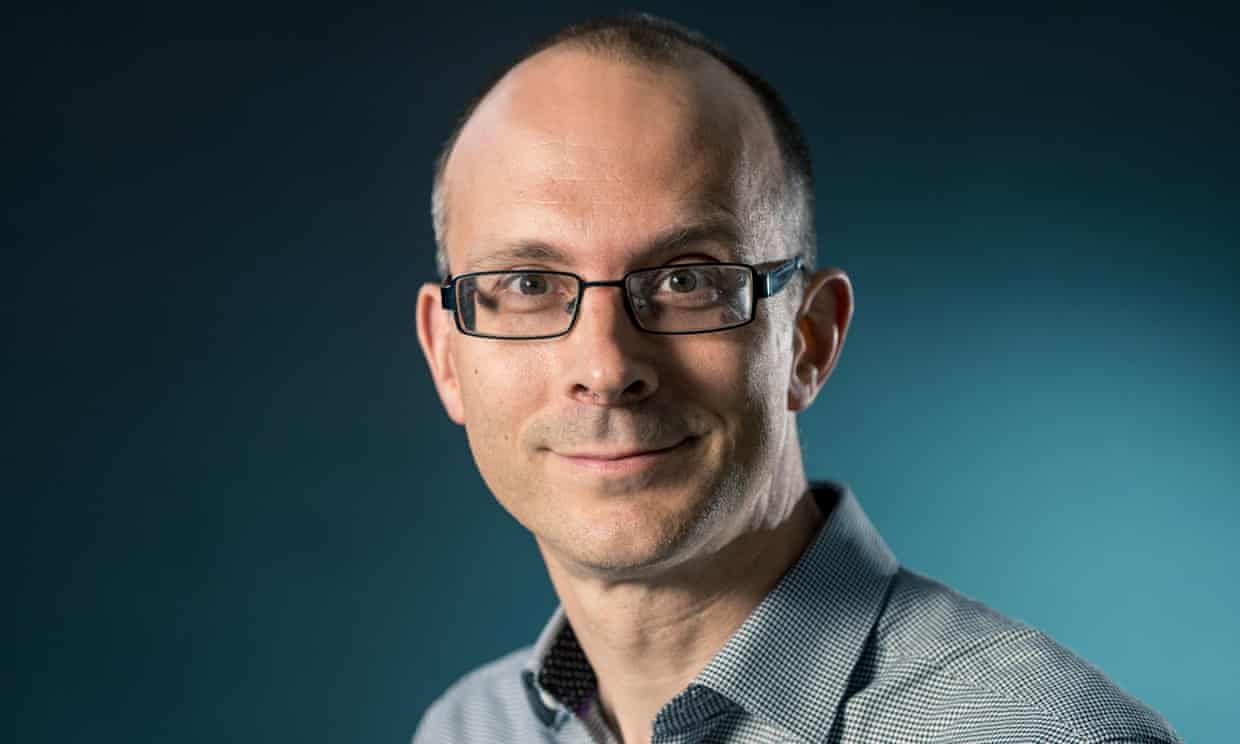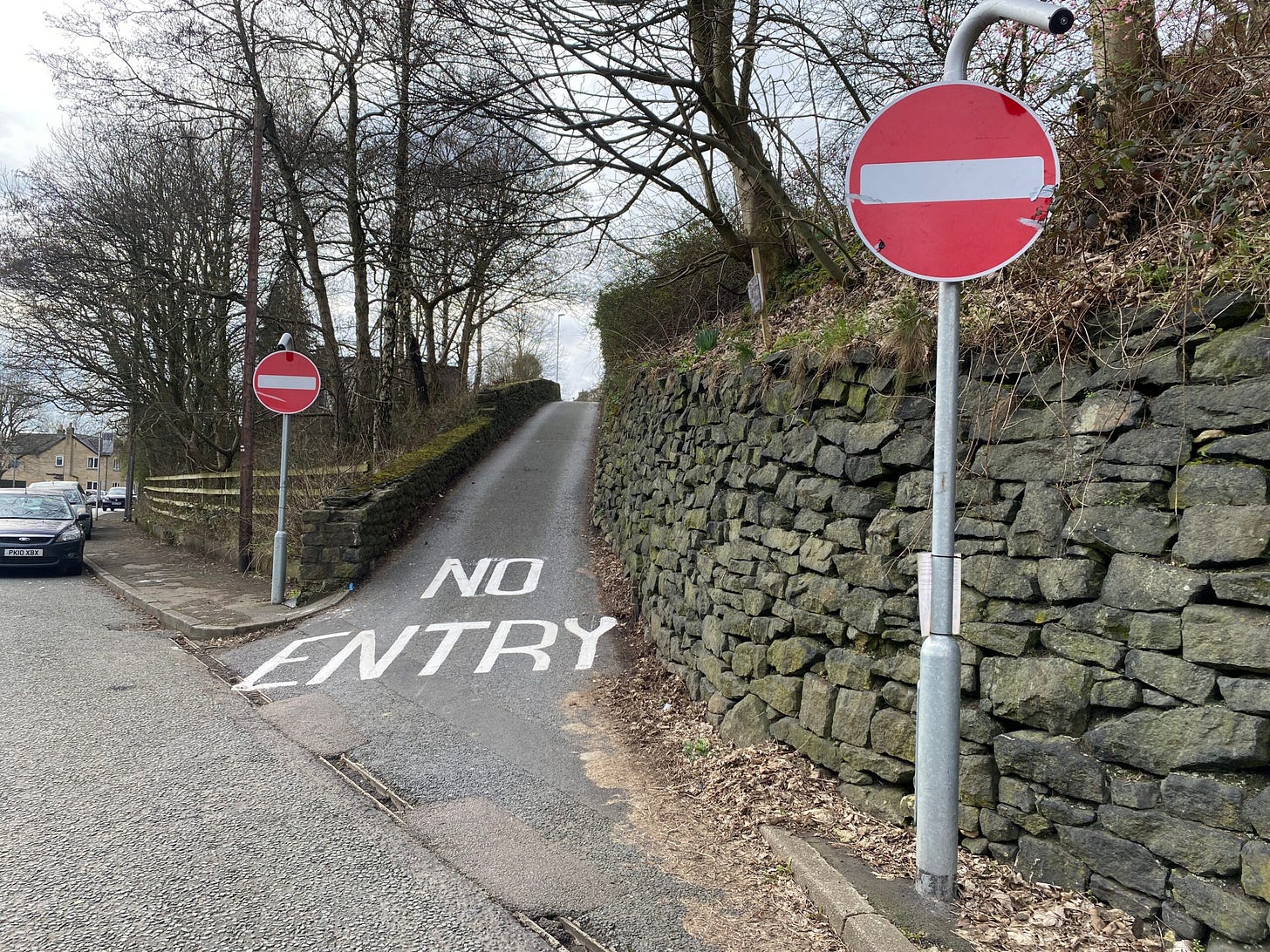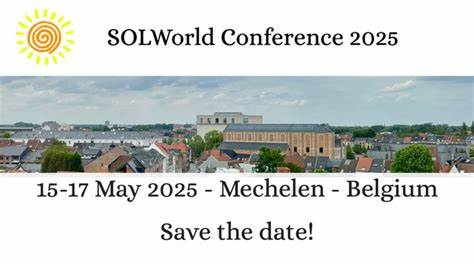75. The asymmetry of feedback – why not everything is useful (even though it ‘should’ be)
Financial Times journalist Tim Harford points to research showing why Solution Focus can work particularly well in tough and emotional situations.
I’m a big fan of Tim Harford, ‘undercover economist’ at the Financial Times and presenter of BBC Radio 4’s More Or Less show (‘examining the numbers in the news’). He is both rigorous with his facts and figures, and also willing to dig around to explore why things aren’t always as clear as we might like them to be. His FT column The Opportunities Of A One-Way Street (11 January 2025, paywall) points to research about how logical feedback is not the same as emotional feedback. And it’s a very useful pointer about Solution Focus (SF) and why it works.
Doing it right vs doing it wrong
Tim Harford opens by musing about the one-way street his house overlooks. Occasionally folk drive the wrong way down it, prompting reactions from oncoming traffic. He notes that while driving the right way up a one-way street is reinforced by signs with white arrows on blue backgrounds, there is no similar indicator for those coming the wrong way (even though the potential for disaster is much greater). Once you’re past the No Entry sign at the top of the road, there is no more signage. The only clues are things like all the traffic parked facing you and occasional flashing lights/panicked expressions from other road users.
Harford muses that this is rather like life. Doing it right gets the occasional ‘good job’ response, whereas doing it wrong produces nothing, and then perhaps an outraged outburst. He connects with the 2019 research Not Learning From Failure—the Greatest Failure of All (Eskreis-Winkler, Lauren & Fishbach, Ayelet. (2019), Psychological Science. 30 http://dx.doi.org/10.1177/0956797619881133, open access). Eskreis-Winker and Fishbach set up experiments where participants received feedback on binary questions based on what they got right, or what they got wrong. Because the questions were binary (yes/no type) the information is logically equivalent; what you got right you didn’t get wrong and vice versa. In their abstract the authors summarise the situation.
…on a follow-up test, participants learned less from failure feedback than from success feedback. This effect was replicated across professional, linguistic, and social domains—even when learning from failure was less cognitively taxing than learning from success and even when learning was incentivized. Participants who received failure feedback also remembered fewer of their answer choices.
So the participants learned from their correct answers but not from their incorrect answers – even though the net information is the same. What’s going on? Eskreis-Winker and Fishbach give their conclusions clearly in the paper:
Why does failure undermine learning? Failure is ego threatening, which causes people to tune out. Participants learned less from personal failure than from personal success, yet they learned just as much from other people’s failure as from others’ success. Thus, when ego concerns are muted, people tune in and learn from failure.
What’s particularly interesting here is that the experiment was set up so that the ‘success’ and ‘failure’ feedback were effectively the same. So the impact or lack of it can’t be down to the feedback but how that connected to the person.
Solution Focused feedback
My work in developing and promoting the Solution Focused (SF) approach in coaching, management and organisational change over the years is very much along the same lines. The founders of SF practice, Steve de Shazer and Insoo Kim Berg of the Brief Family Therapy Centre in Milwaukee WI, discovered ‘serendipitously’ (their word) that people respond to conversations about what’s going well in more constructive ways than what’s going wrong. In their chosen field of psychotherapy, this is highly counter-intuitive; after all, therapy must dig into the underlying problems and causes, right? Well, wrong, as it turns out. Treatment based on positive differences – changes in the right direction for the client – is more effective, shorter, more encouraging and more efficient.
Steve, Insoo and their colleagues and followers (including me) have been using these ideas for decades on a pragmatic and practical basis. The research of Eskreis-Winker and Fishbach gives good backing to this work, with additional ideas about why it might work. (We don’t worry so much about that – if it doesn’t work in a particular case we’ll just move on to something else.) The value of this recent research is that it decouples the ‘information’ in the feedback from the personal impact. When folk are told they got it wrong, they disconnect. When told they got it right, they become more engaged.
A star and a wish
In his column Tim Harford wonders about how to get constructive feedback in the real world. One of his hobbies is leading Dungeons and Dragons games, and he has been experimenting with the ‘star and a wish’ format. It’s very simple; at the end of the game he asks the players for a star and a wish – something they particularly enjoyed and something they’d like to see in the next session. This, he says, opens up a friendly space for constructive, actionable ideas.
This idea is not new. It stems from Inside The Black Box, a 1988 pamphlet by Paul Black and Dylan Williams which looked at the role and importance of feedback in the classroom. Black and Williams were very clear that simply giving right/wrong feedback was insufficient; raising and maintaining learner self-esteem were also key. I used to teach precisely this principle in my Accelerated Learning courses for trainers in the 1990s. Key 5 was “Speak only of success”. (And yes, you can point out what needs improvement as part of that – leading to more success.)
‘A star and a wish’ has been used in classroom situations foryears, with students giving feedback to themselves, their classmates or even their teachers. Even more popular is ‘two stars and a wish’, with even more high spots are identified. (These stars are, of course, also opportunities for learning – do more of it!) This kind of feedback can be built into organisational routines and norms and embedded into the natural rhythms and ways of working.
One particularly striking example features in our book Solutions Focus Working (now on Kindle). Hans Zeinhofer was tasked with investigating a disastrous failure of customer services in his electricity utility. He gathered the people together and surprised them all by simply asking
What did we do right? What went well?
Once the shock had subsided, a long list was gathered. Hans only asked one other question:
What will we do better, the next time?
Hans says:
The meeting ended in an obviously positive mood. The report to the senior management consisted of the two lists above. It was some sort of a paradoxical intervention for the senior management as well - it caused some astonishment, but was accepted with obvious relief.
Conclusions
In the SF world we’ve known for years from experience that feedback on what went well and what might be better is more useful that what went wrong and what to avoid. It’s excellent that from time to time a piece of unrelated research comes along that both bears out our practical observations and gives some kind of rationale for them. Much of the world is still interested in explanations and reasons (something we step around in SF work) and this kind of framework can make our work both more appealing and more accessible. Frameworks like ‘a star and a wish’ are easy to apply and remember. To do SF work well, however, it’s important to do it AND to notice when it’s working and when (for whatever reason) it isn’t.
Tim Harford’s website contains a very large number of his pieces over the years, in the Financial Times and elsewhere. The column about which I write here will be there in a few weeks and I’ll update this piece with a link when it’s available.
Dates and Mates
SOLWorld 2025, the international gathering of SF practitioners working in organisational setting, is on 15-17 May 2025 in Mechelen, Belgium. It’s getting booked up - more than two thirds of the 130 tickets have been sold already. Lots more information at
SF24, the one-day global festival of SF, is on Friday 2 May 2025. The organisers are looking for people who would like to run sessions and workshops online. Registration will open soon. More at








